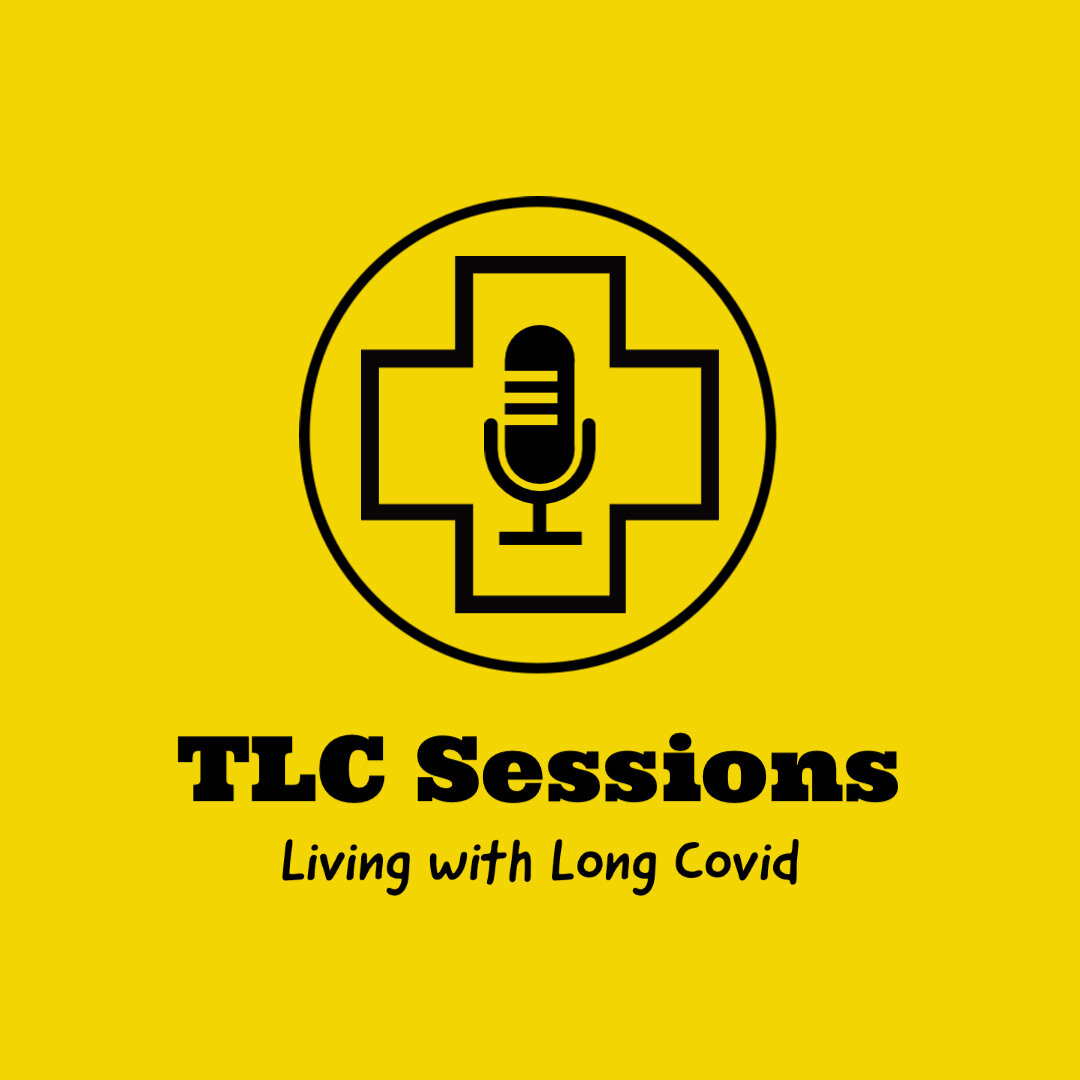Find out about the latest episodes, and listen here:
Episode 77: Dr. Theoharis Theoharides - the mast cell master
“Do you classify Long Covid as a neurological condition, for everyone, regardless of their symptomatology?”
“Absolutely yes, I think a major component of Long Covid is neurological, and by neurological I don’t mean only central neurological, peripheral neurological….”
Episode 73: Dr. Rob Wüst - Post-exertional Malaise - working out why we can’t work out
“We saw really big differences between the patients and our controls in the way that the muscle is able to generate energy using mitochondria. We know that that normally exercise is good for you and the exercise improves the mitochondrial function, but in our patients we saw the opposite happening - that it worsens.”
Episode 64: Michael Peluso, M.D. – Viral reservoirs & MAB trial
“The first year of this was recognising the problem and getting people to buy into that... The second year of this was describing who was most likely to get this condition. The third year of this was laying out potential biology. The current era of this now needs to be proving that each of those mechanisms is or is not driving this and… you actually have to intervene on those pathways to see if you can change either a biological measurement or change how people feel. What that means to us is doing trying to do these intense proof of concept, experimental medicine type studies, where we identify a target pathway that we think it is contributing, then we try to alter it by giving an investigational treatment and we see what happens and whether our hypothesis was correct.”
Episode 63: Eric Topol, M.D. – Cardiologist and prolific Long Covid author
“If we’ve learned anything, this is not something anyone wants to get… The fact that there's a genomics that underlie Long Covid tells you how real it is, right? And then the fact that we will get treatments to people, all these things reinforce how big an issue.”
Episode 57: Lavanya Visvabharathy - Publishing the science
Publishing in scientific journals is a challenging process due to fierce competition, limited resources, lack of networks and mentorship, bias and subjectivity in peer review, leading to high rejection rates. Addressing these obstacles requires collective efforts to foster inclusivity, collaboration, and support systems for all researchers.
Episode 53: Prof. Jack Lambert – LDN and the Lambert protocol
“when people say what's the magic recipe for treating people well, there is no magic recipe you actually have to individualise you know, because Because Because one treatment for one person will actually totally backfire for the other person. So I do think it's, it's, you know, we're learning a lot about this is a very complex condition.”
Episode 51: Akiko Iwasaki – Immunobiologist
“There are so many questions that are unanswered about Long Covid. We're just scratching the surface of this disease.. that's why it's dangerous to come to a conclusion at this stage - because we know so little. It doesn't mean that we aren't looking. We're looking very hard. I'm obsessed about trying to understand this disease, and many scientists are, so hopefully will chip away at this disease. But we need to be open minded and humble about what's going on.”
Episode 43: Dr Tae Chung - POTS, the nervous system and autoimmunity
“There's some kind of indirect evidence suggesting that the sympathetic nervous is dysfunctional in POTS or Long Covid patients, and given the post-infectious nature, I suspect this is some kind of inflammatory, maybe autoimmune, reaction… probably our body is attacking our sympathetic nervous system”.
Episode 41: Dr Eric Feigl-Ding – Epidemiologist and Public Health Scientist
“.. if people realise that Long Covid is basically an immuno-compromised state, akin to immune compromised status of having HIV then I think …. it will actually change the course and the political momentum.”
Episode 40: Dr Bettina Hohberger – look into my eyes… and BC007
“In ophthalmology there is a sentence - the eye is the window to the body - that’s a common theory which we use in our normal clinical life”. So could we use the eye to diagnose Long Covid?
Episode 39: Lavanya Visvabharathy - T cell memory dysfunction in Long Covid
“So the hypothesis that I had here was that Long Covid patients seem to have this constellation of symptoms that were resembling some kind of immune disturbance. So I thought that if we actually looked at underlying T cell responses to the virus, we could find a pattern that differentiated these patients from those who completely recovered after. As an immunologist, it kind of screamed let's look at the T cell response.”












